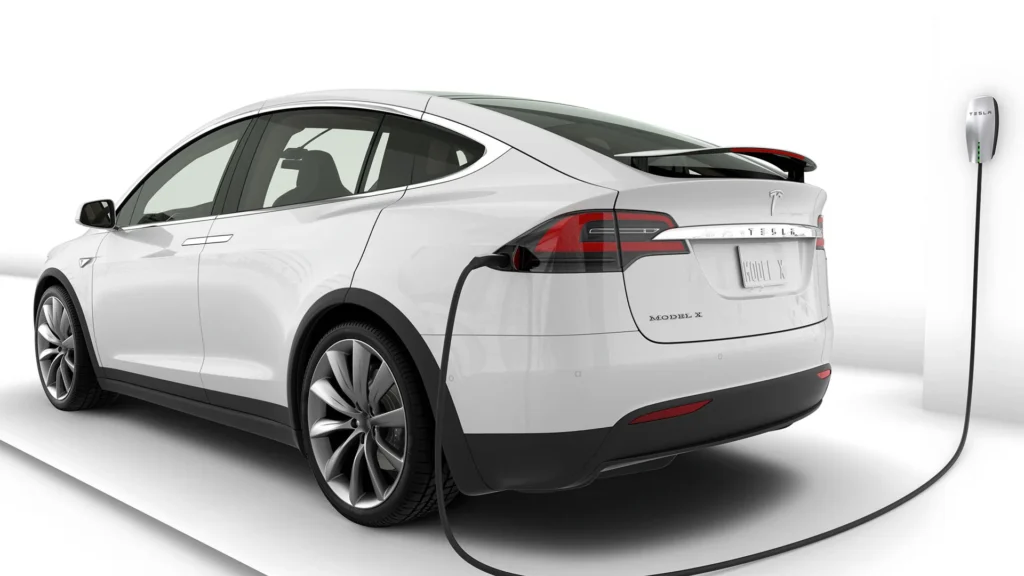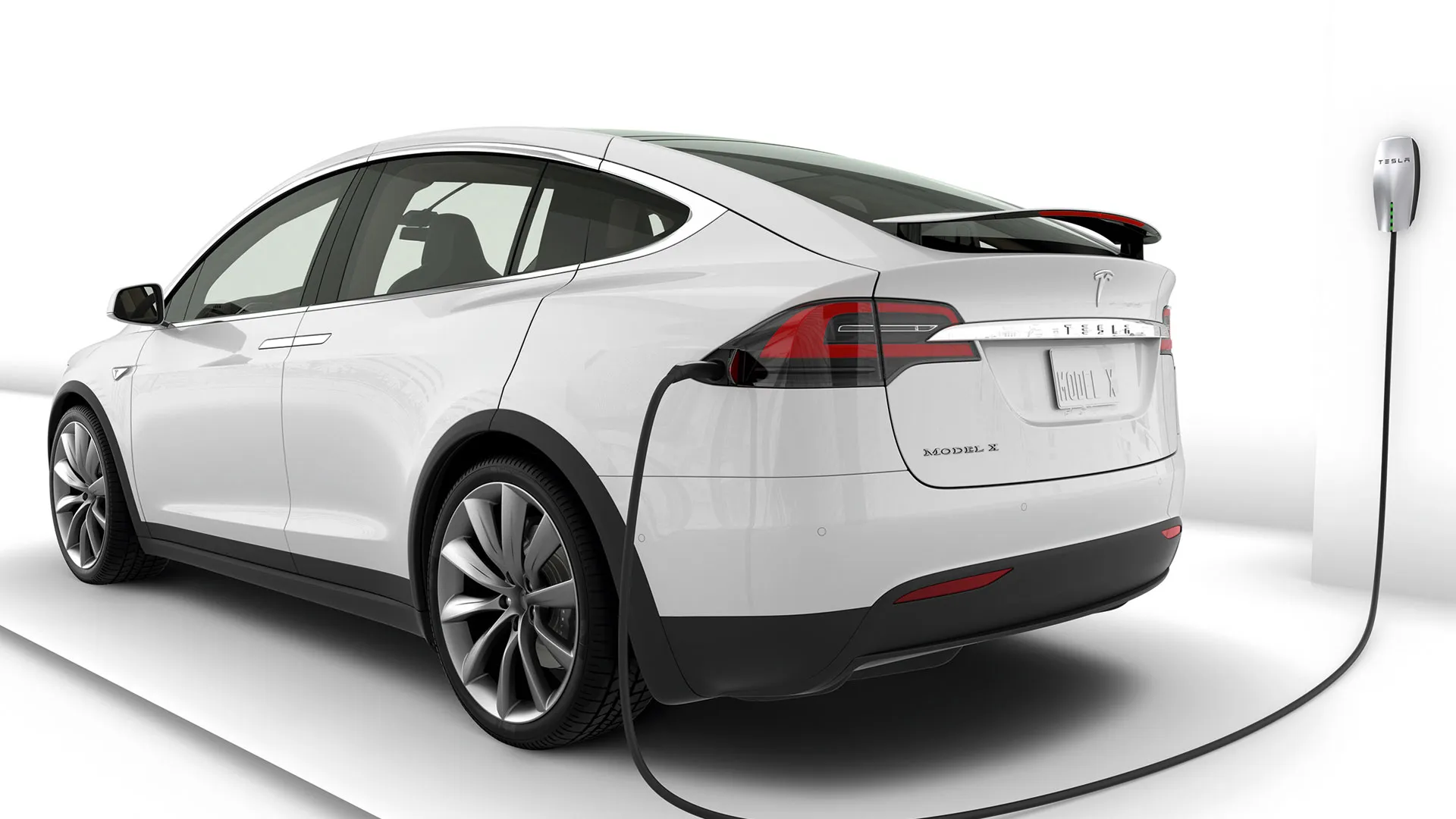When considering a new vehicle, understanding the cost differences between electric cars and gasoline cars is crucial. This comparison will cover the initial purchase price, operating costs, maintenance, and long-term savings to help you make an informed decision.
1. Initial Purchase Price
Electric Cars:
- Generally higher upfront cost due to battery technology
- Eligible for federal and state incentives, rebates, and tax credits, which can significantly reduce the purchase price

Gasoline Cars:
- Typically lower initial cost compared to electric cars
- Fewer incentives and rebates available

2. Fuel/Energy Costs
Electric Cars:
- Electricity is cheaper per mile than gasoline
- Average cost to charge at home: ~$0.13 per kWh
- Cost to drive 100 miles: ~$4 (depending on electricity rates and vehicle efficiency)
Gasoline Cars:
- Gasoline prices fluctuate and are generally higher per mile
- Average cost per gallon of gasoline: ~$3.00 (varies by location and market conditions)
- Cost to drive 100 miles: ~$12 (based on 25 MPG average fuel efficiency)
3. Maintenance Costs
Electric Cars:
- Fewer moving parts, which means less wear and tear
- No oil changes, fewer brake replacements due to regenerative braking
- Lower overall maintenance costs
Gasoline Cars:
- Regular oil changes, transmission services, and other engine maintenance required
- Higher frequency of brake replacements
- More complex systems with higher long-term maintenance costs
4. Longevity and Resale Value
Electric Cars:
- Batteries degrade over time, but many come with long warranties (8-10 years or 100,000 miles)
- Resale value can be affected by battery condition and advancements in new models
Gasoline Cars:
- Established market with predictable depreciation
- Resale value influenced by fuel prices and overall vehicle condition
5. Environmental Impact and Savings
Electric Cars:
- Lower greenhouse gas emissions, especially when charged with renewable energy
- Reduced air pollution and dependence on fossil fuels
- Potential savings from reduced environmental impact and health benefits
Gasoline Cars:
- Higher emissions contribute to air pollution and climate change
- Ongoing costs related to environmental and health impacts
6. Incentives and Rebates
Electric Cars:
- Federal tax credits up to $7,500 (depending on model and manufacturer eligibility)
- State and local incentives can further reduce costs
- Potential savings from utility company rebates for home charging equipment
Gasoline Cars:
- Limited incentives, mainly focused on fuel efficiency and hybrid models
7. Insurance Costs
Electric Cars:
- Can be higher due to the cost of repairing advanced technology and battery systems
- Some insurers offer discounts for eco-friendly vehicles
Gasoline Cars:
- Generally lower insurance premiums compared to electric cars
- Insurance rates depend on vehicle type, driver profile, and location
8. Charging Infrastructure vs. Fuel Availability
Electric Cars:
- Growing network of public charging stations, but availability varies by region
- Convenience of home charging for most users
- Longer refueling times compared to gasoline cars
Gasoline Cars:
- Extensive network of gas stations, ensuring easy refueling
- Quick refueling times, generally under 10 minutes
9. Total Cost of Ownership
When comparing the total cost of ownership over several years, electric cars often come out ahead due to lower fuel and maintenance costs. However, the initial higher purchase price can be a barrier for some buyers. Here’s an example of a 5-year cost breakdown:
| Expense | Electric Car (EV) | Gasoline Car (ICE) |
|---|---|---|
| Purchase Price (after incentives) | $35,000 | $30,000 |
| Fuel/Energy Costs (5 years) | $2,000 | $7,500 |
| Maintenance Costs (5 years) | $1,000 | $3,000 |
| Insurance Costs (5 years) | $5,000 | $4,500 |
| Total Cost (5 years) | $43,000 | $45,000 |
Conclusion
While electric cars may have a higher upfront cost, their lower operating and maintenance expenses, combined with incentives and environmental benefits, often make them more cost-effective in the long run. Gasoline cars remain a more affordable option initially and benefit from a well-established refueling infrastructure. Your choice will depend on your priorities, driving habits, and access to charging facilities.
